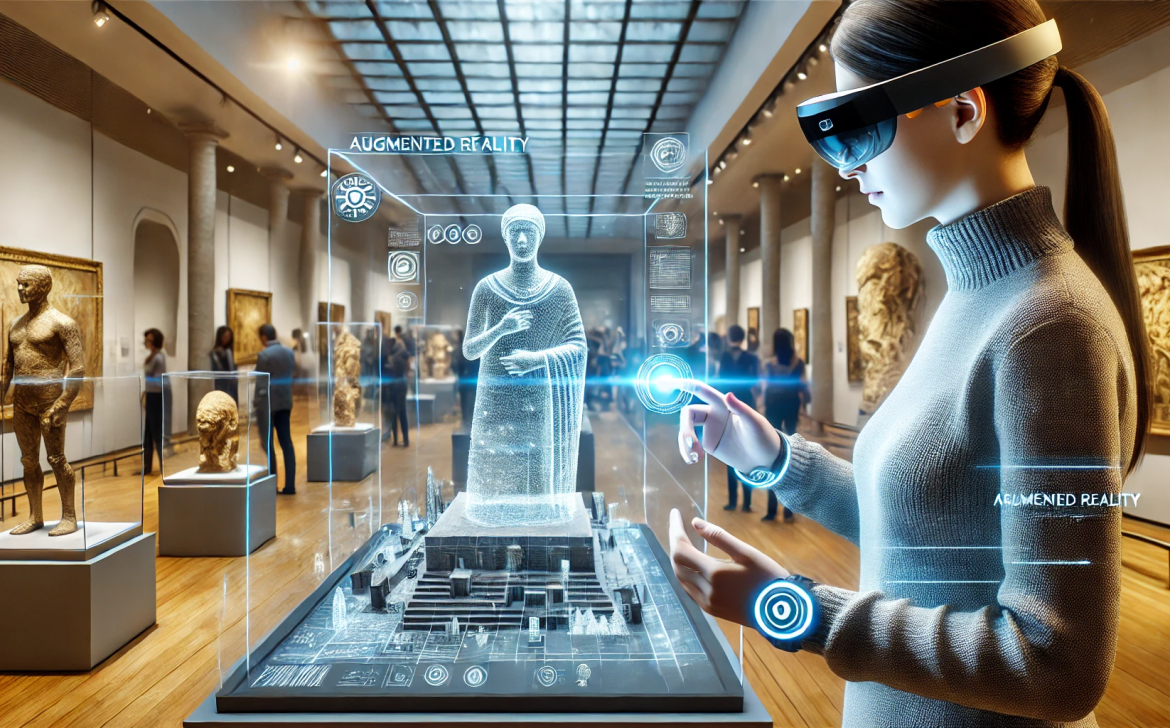Launch of the POCTEP ILUMINA Project
On June 17th in Badajoz, the first in-person meeting of the ILUMINA Project took place, with the attendance of the Extremadura Tourism Cluster. This meeting marked the official start of the project and allowed participants to connect and take the first steps towards its development. The meeting concluded with a visit to the Castle of Ouguela in Portugal, one of the sites to be involved in the project.
Project ILUMINA Description
The ILUMINA project, focused on the cross-border regions of Extremadura and Alentejo, aims to promote sustainable tourism through the ornamental lighting of heritage elements. This initiative seeks to transform cultural, historical, and landscape resources into attractive tourist products, enhancing the nighttime tourism offering.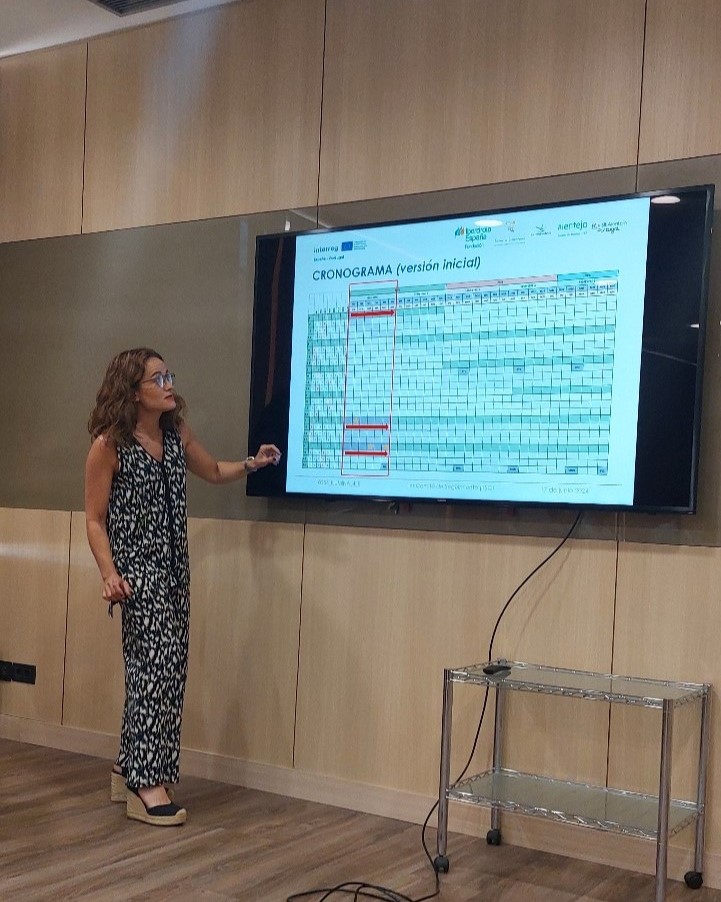
Main Objectives:
- Promotion of Night Tourism: Increase the nighttime tourist appeal in Extremadura and Alentejo.
- Local Economic Development: Generate new business and employment opportunities in the tourism industry.
- Innovation and Sustainability: Foster innovative and sustainable cultural tourism.
- Pilot Projects: Implementation of six pilot projects of ornamental lighting in churches, hermitages, and castles.
Project Partners
- Main Beneficiary: Iberdrola Spain Foundation
- Extremadura Tourism Cluster
- Government of Extremadura
- Regional Agency for the Promotion of Tourism in Alentejo – Turismo do Alentejo
- Turismo do Alentejo, E.R.T.
Non-Funded Partners:
- Valencia de Alcántara Town Council
- Brotherhood of Our Lady of Carrión
- Municipal Chamber of Campo Maior
- Municipal Chamber of Marvão
-
The ILUMINA project is presented as a key initiative to boost cultural night tourism and improve the management of cultural heritage through cross-border cooperation and the use of advanced technologies.
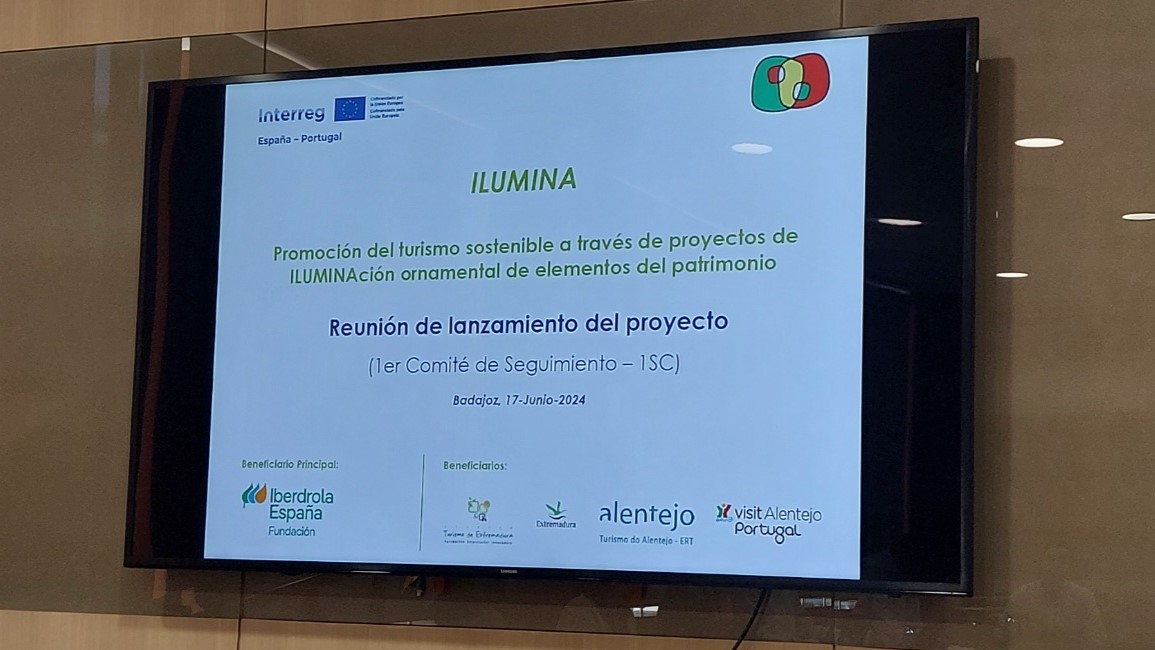
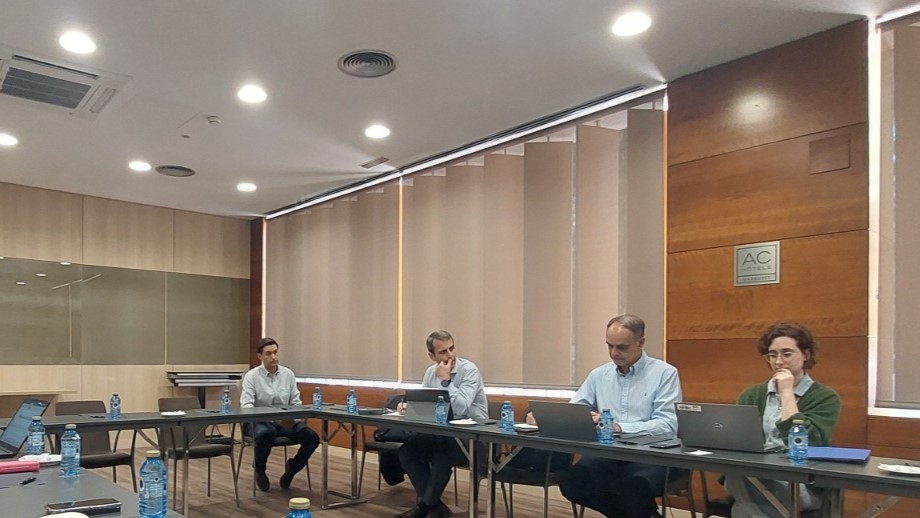
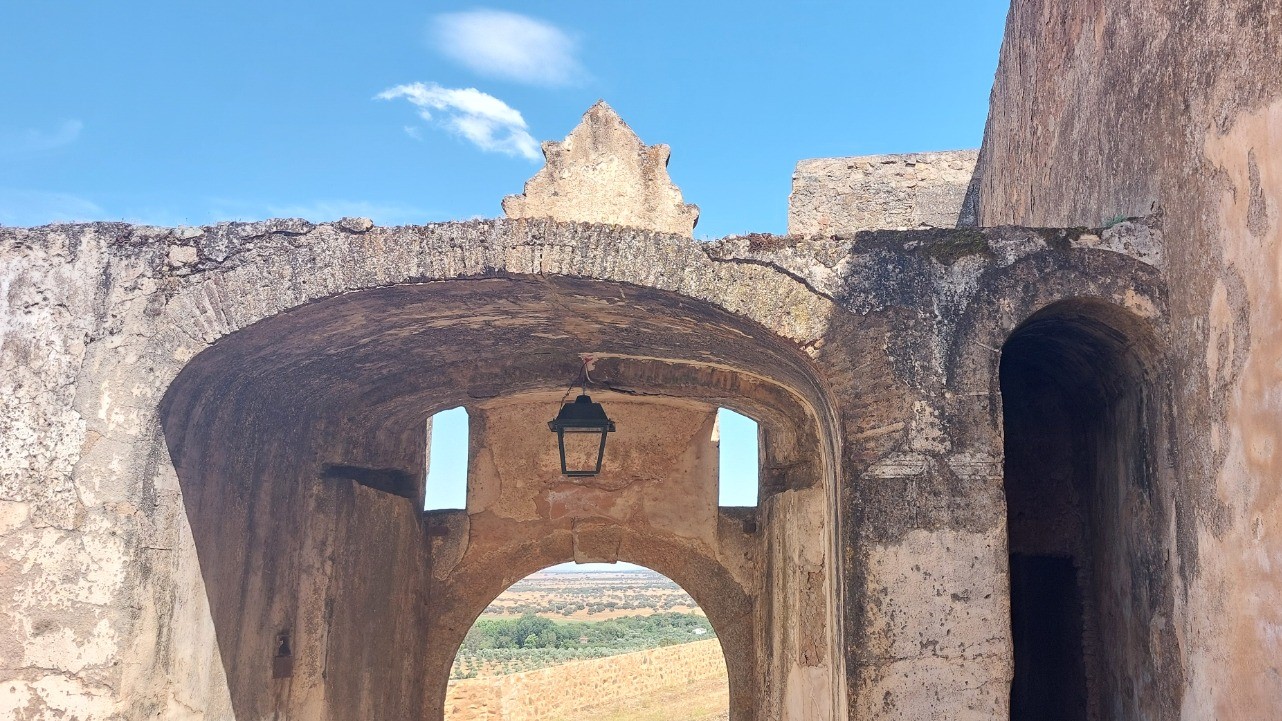




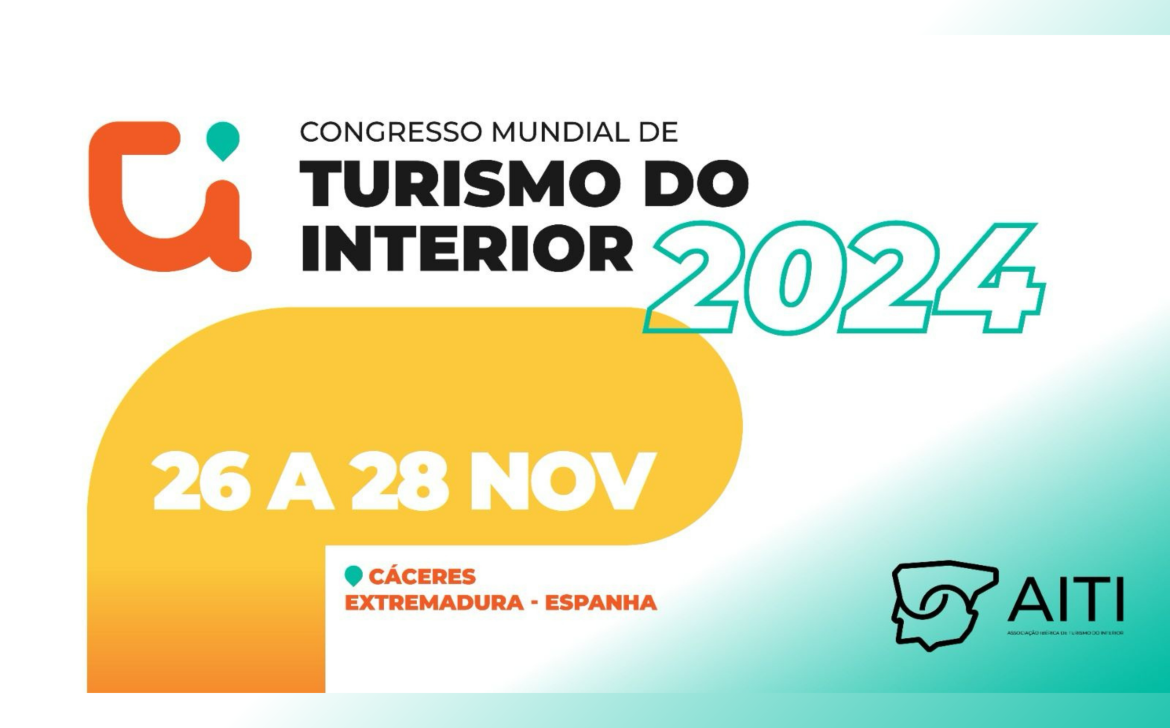

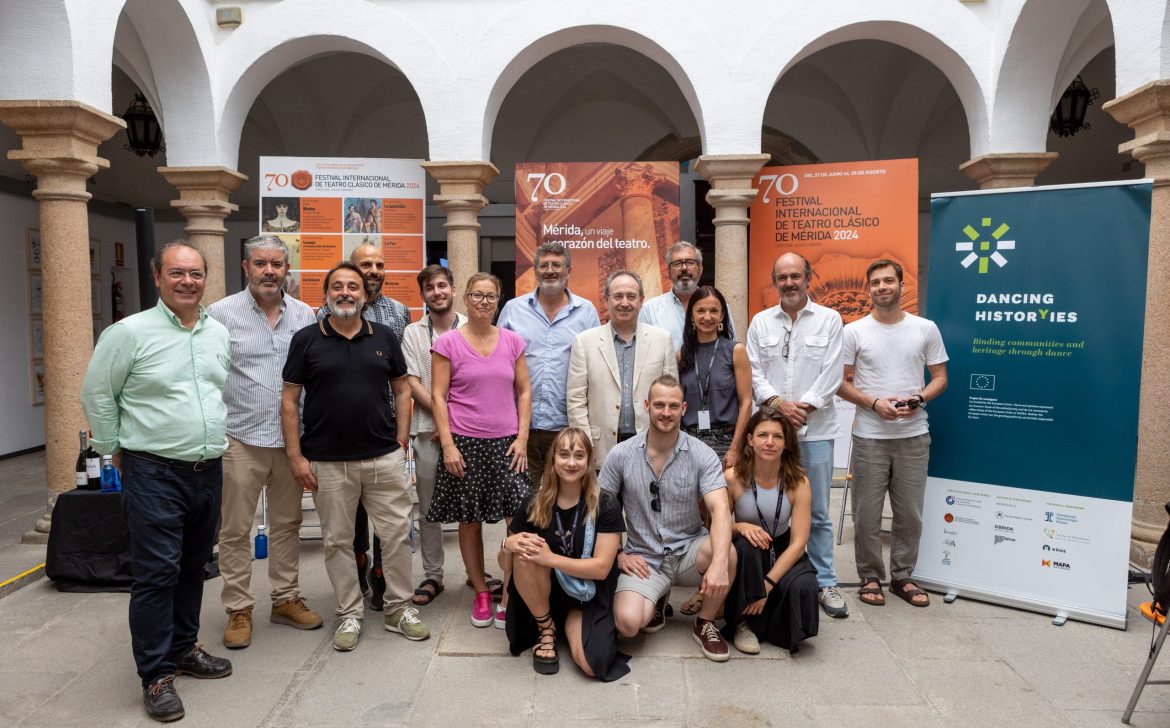
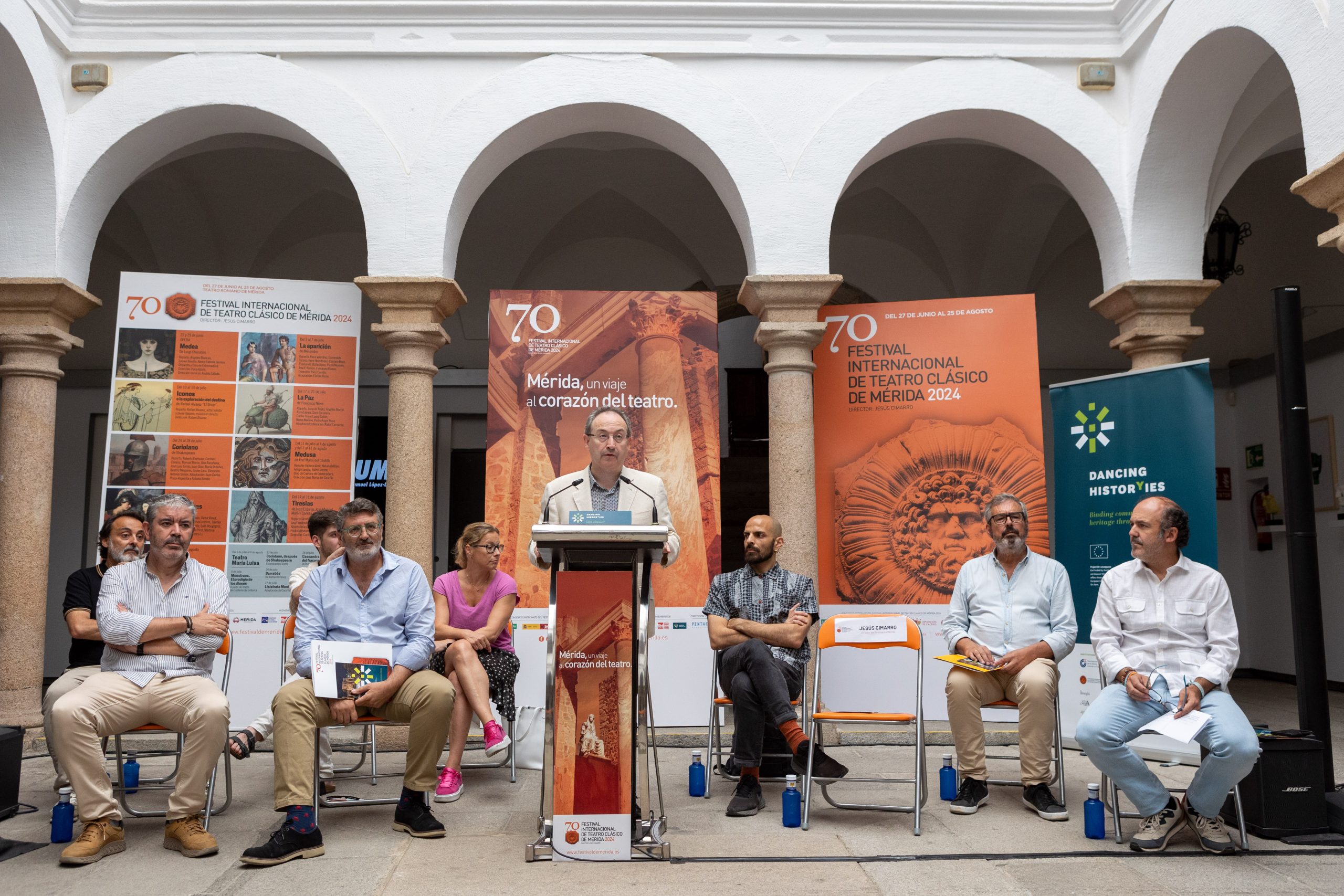
 Antonio Marín, Director of the Centre for Performing Arts and Music of Extremadura (CEMART), emphasised that “dialogue” is the word that defines Dancing Histor(y)ies, highlighting the importance of communication between performing arts and heritage, among different institutions, and across various countries. This approach demonstrates that “culture is a key that opens doors to cross borders and establish collaborations.” Marín also noted that the Mérida Festival is the only event held in four archaeological sites, reinforcing its uniqueness and commitment to heritage conservation while crossing borders throughout Europe.
Antonio Marín, Director of the Centre for Performing Arts and Music of Extremadura (CEMART), emphasised that “dialogue” is the word that defines Dancing Histor(y)ies, highlighting the importance of communication between performing arts and heritage, among different institutions, and across various countries. This approach demonstrates that “culture is a key that opens doors to cross borders and establish collaborations.” Marín also noted that the Mérida Festival is the only event held in four archaeological sites, reinforcing its uniqueness and commitment to heritage conservation while crossing borders throughout Europe.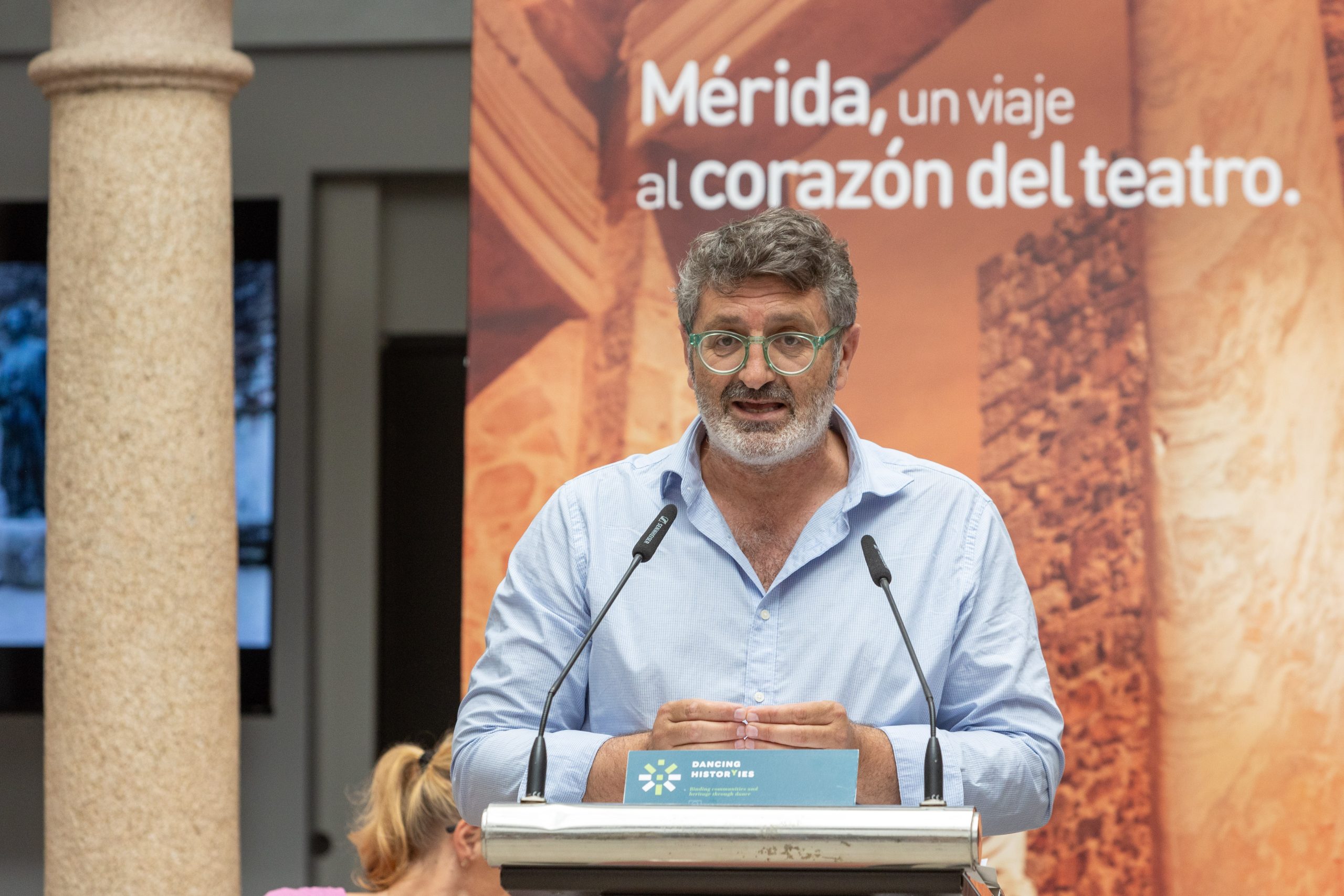
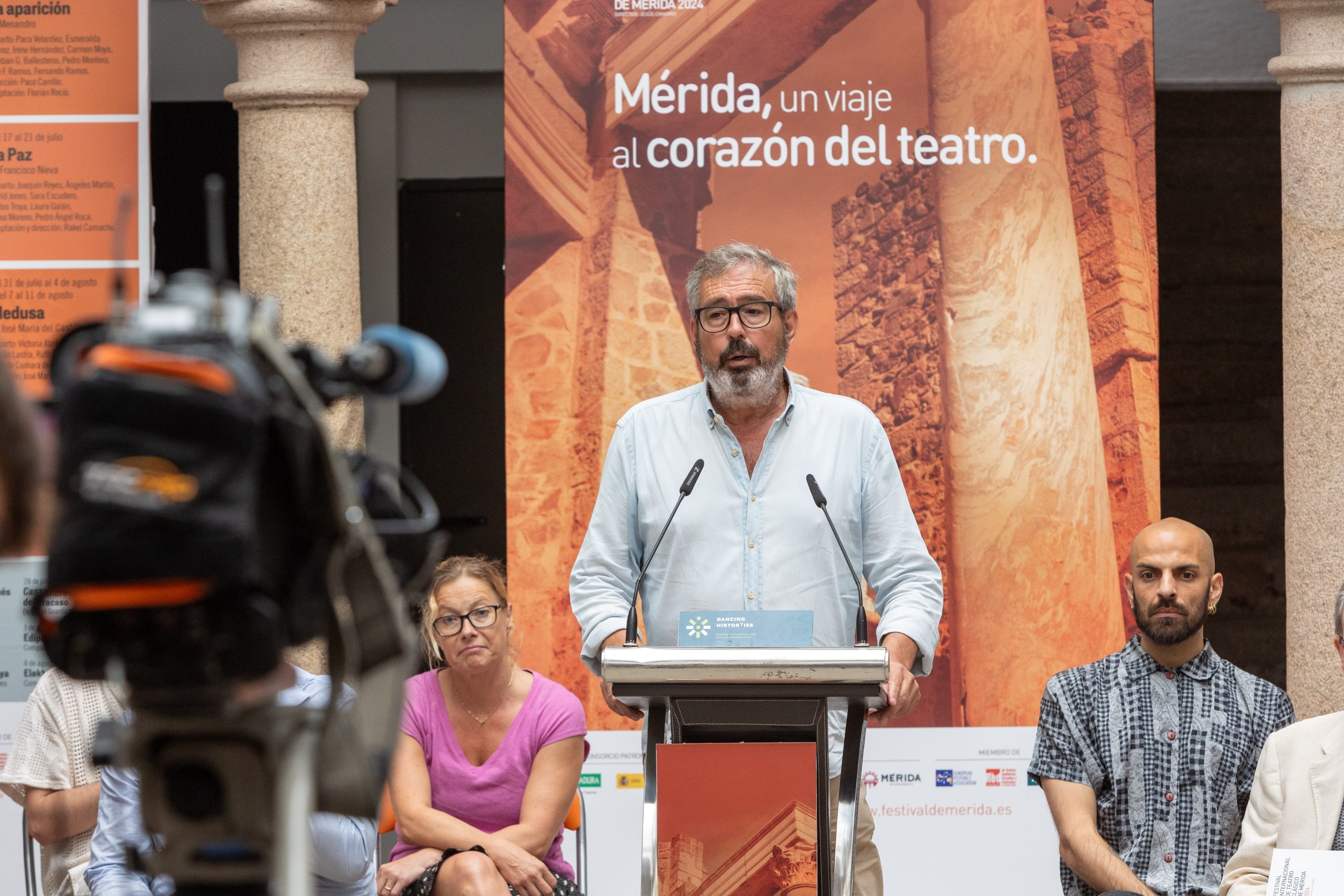
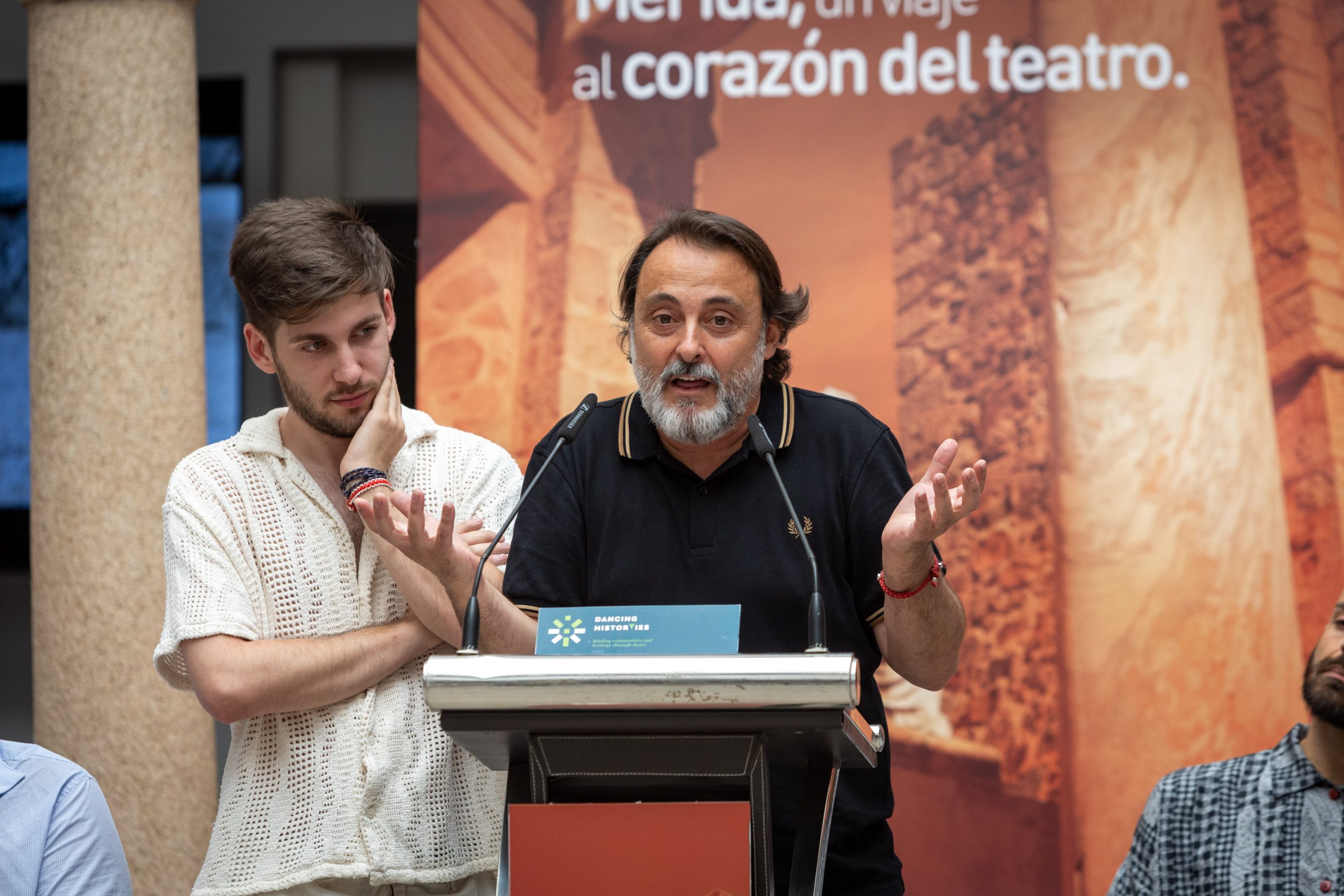
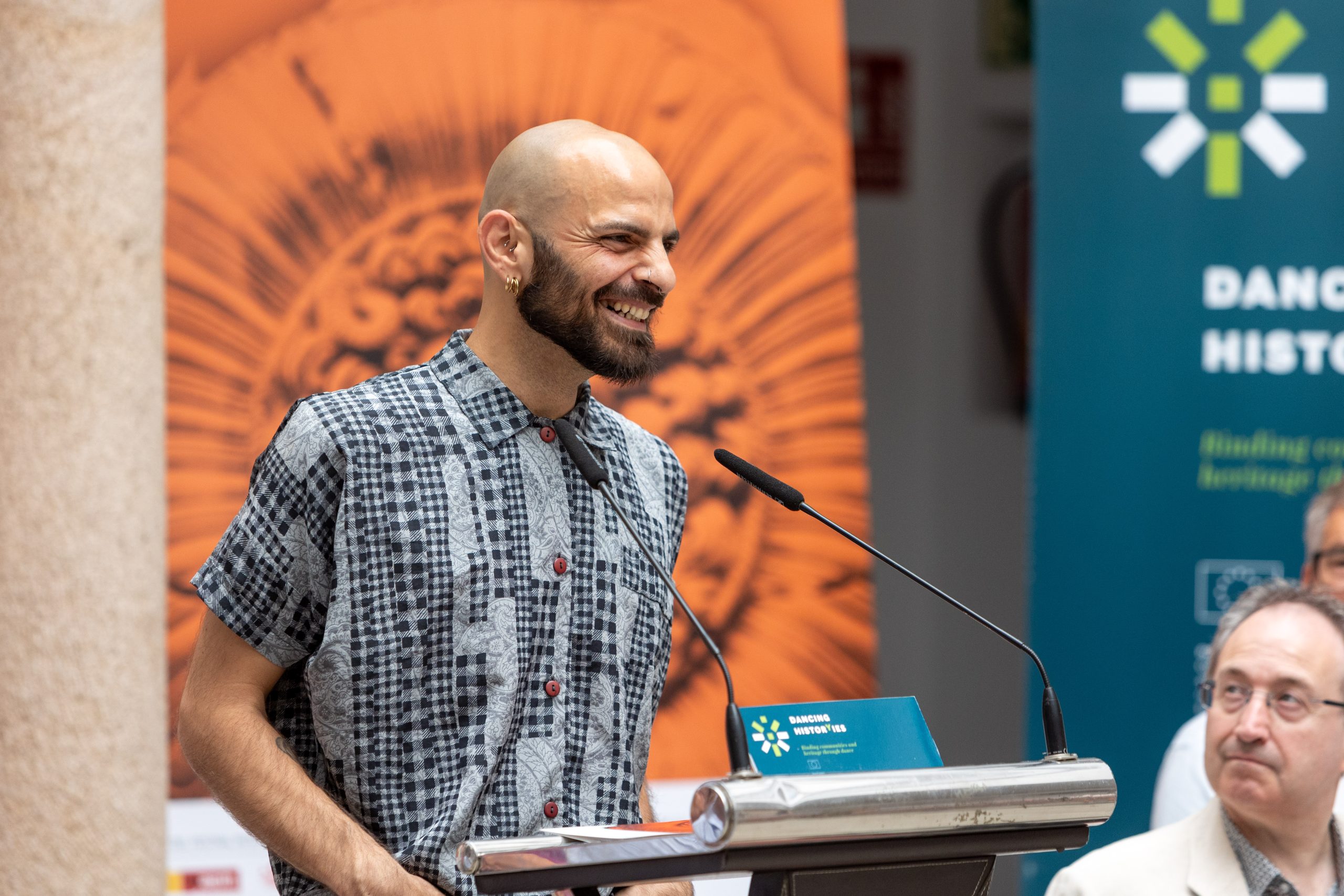
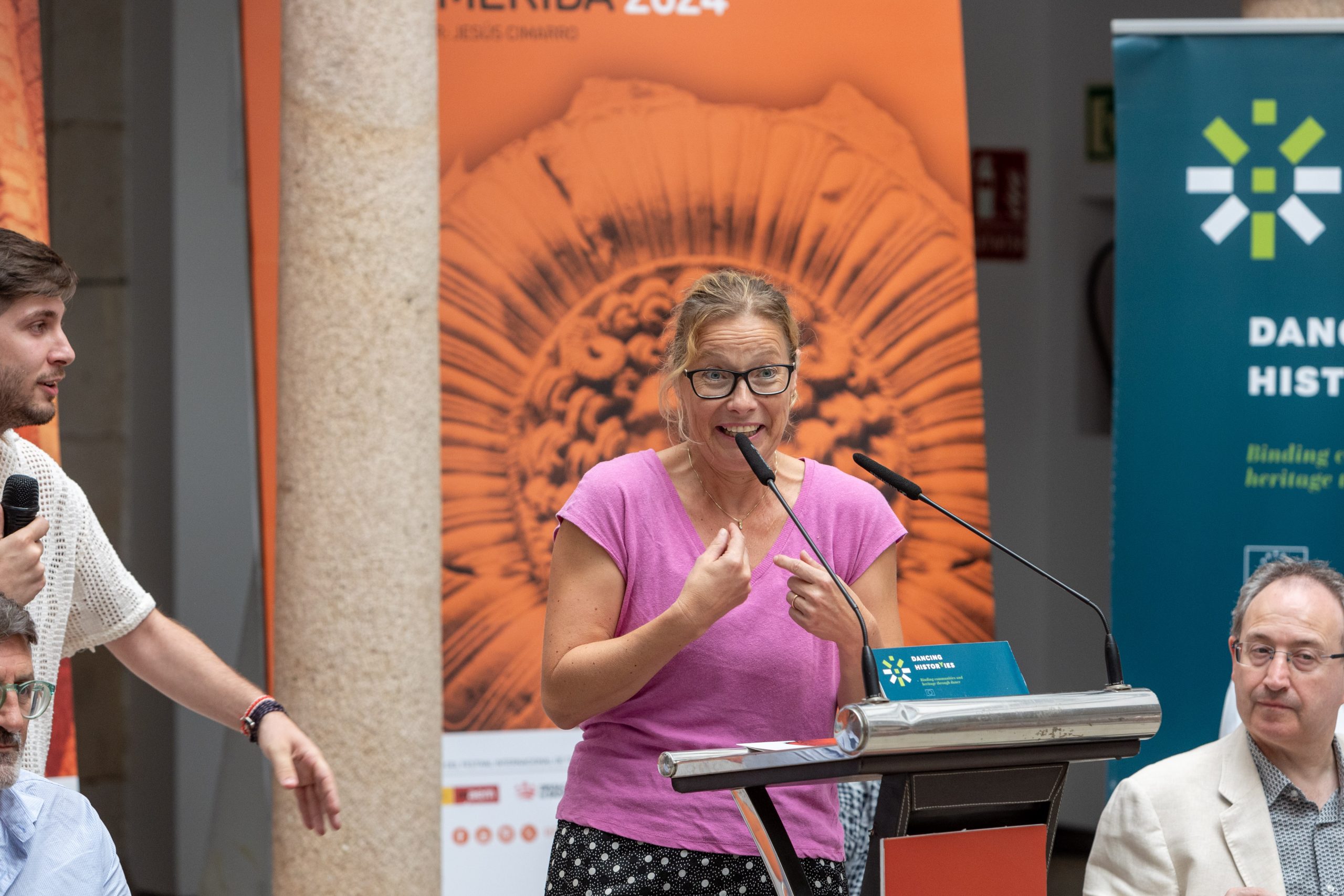
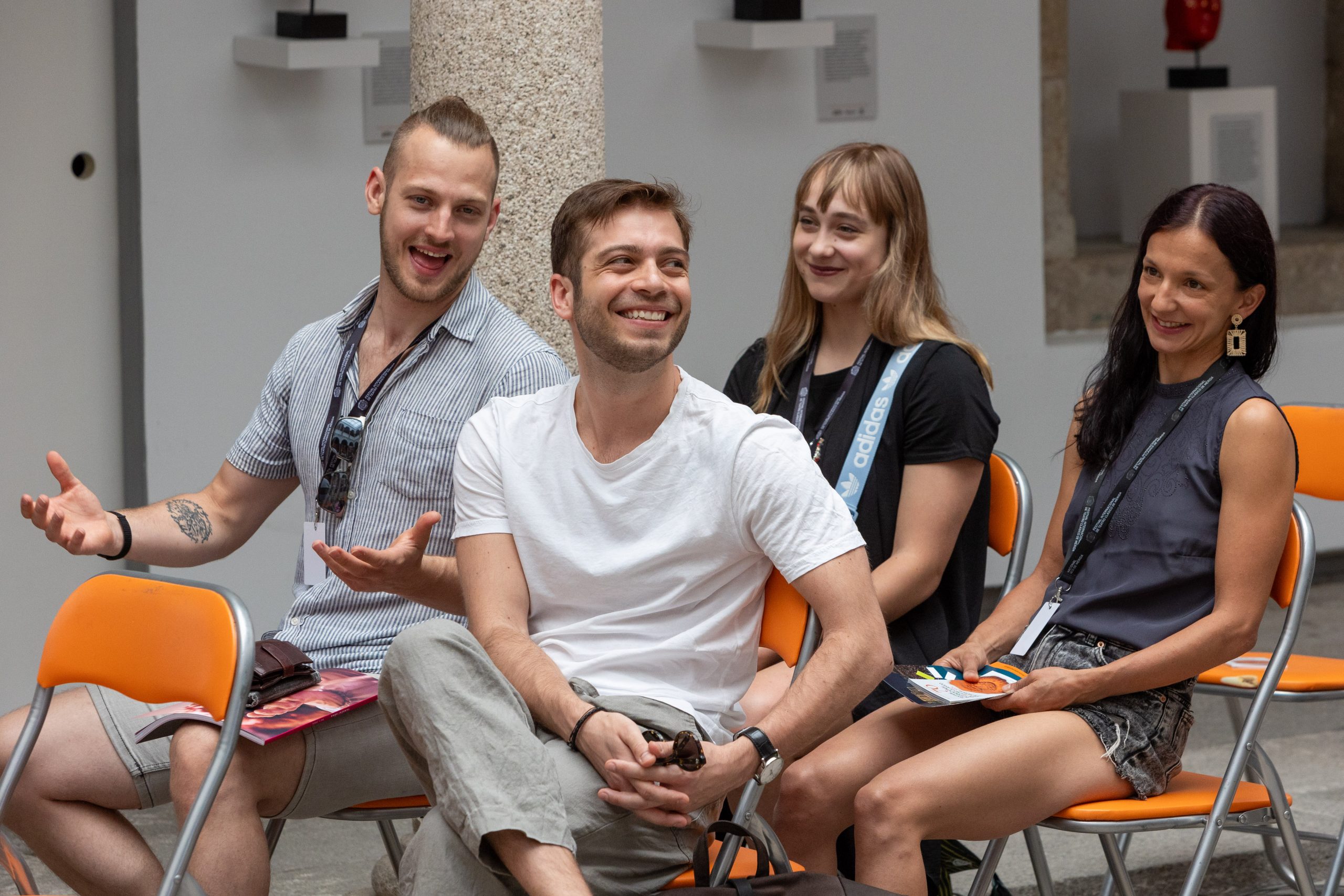
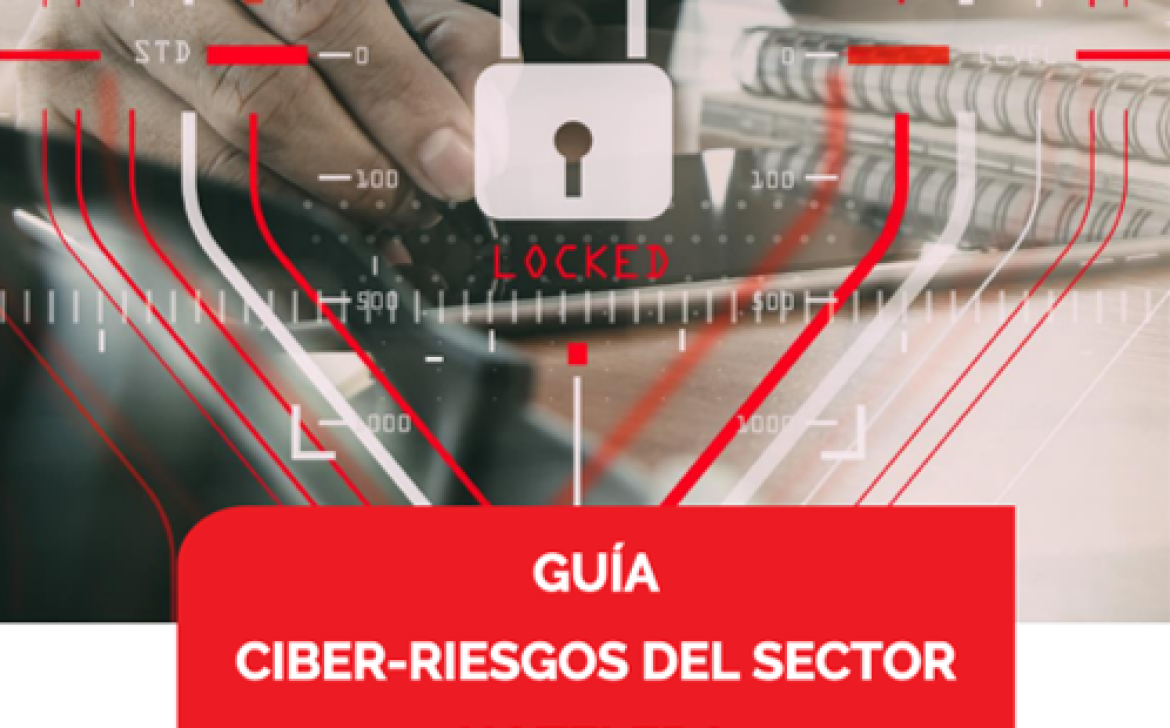


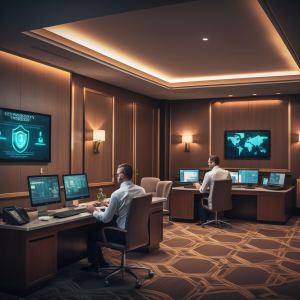 Sources of Information. Identifying and selecting relevant sources for the tourism sector is crucial. Platforms like Cyber Threat Alliance provide information on specific threats to connected devices in hotels and other tourist establishments.
Sources of Information. Identifying and selecting relevant sources for the tourism sector is crucial. Platforms like Cyber Threat Alliance provide information on specific threats to connected devices in hotels and other tourist establishments.